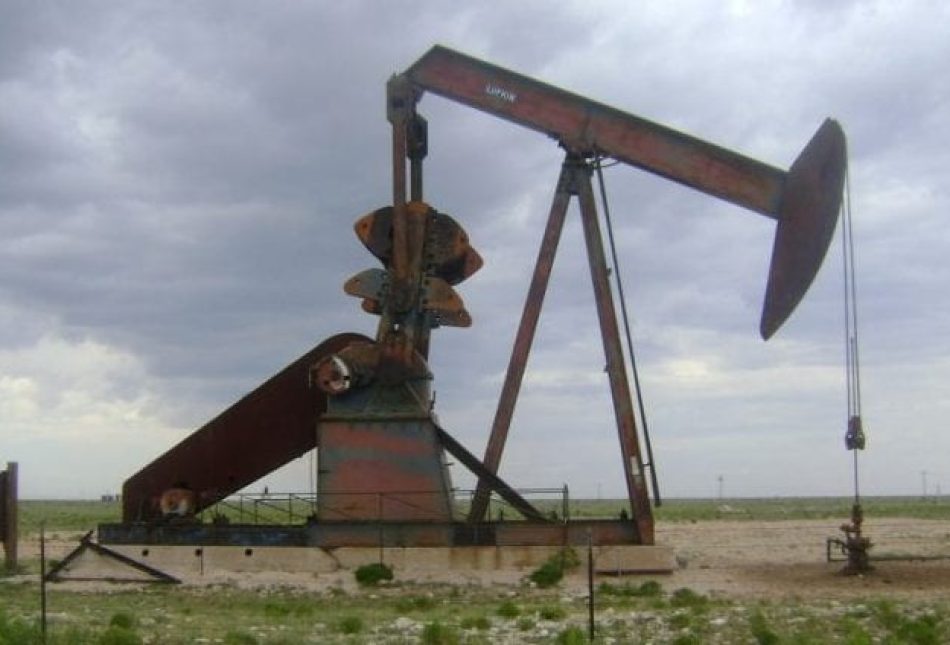Misguided Energy Policies Harm Us All

Misinformed and misguided laws and policies affecting how New Mexico and the nation generate and use energy are in danger of being enacted. These policies will cost consumers money, hurt the state and national economies at a perilous time, and increase reliance on oil imports from countries that are hostile to America.
Unfortunately, the proposed laws and regulations largely are based on a “sound bite” approach rather than real knowledge of energy and the economy. Superficially, these plans sound good but the results would be just the opposite.
These elected and appointed officials appear to have developed their proposals for two reasons rather than a rational, “fact-based” methodology.
They appear motivated by an ideological dogma that “hydrocarbons are bad” and should be done away with via regulation and taxes or de facto prohibition. “Hydrocarbons” in layman’s terms means oil and natural gas, and coal. The supporters of “green” (aka “renewable”) energy are generally the same ones who have feeling of disgust (that’s not too strong a word for their sentiment) for the hydrocarbons like oil and gas, etc.
Based on the framework outlined above, New Mexicans and Americans need to be alert to the following:
The Obama Administration wants to single out America’s oil and gas companies and eliminate them, and only them, from a previously enacted tax law that encouraged U.S. industrial production. The Congressional Research Service late last year reported that the result of this change will be increased reliance on imported oil, rather than improved energy security as the administration says it wants. Such a narrowly-focused, punitive tax seems obviously based on a misguided attempt to discourage investment in oil production altogether.
Even the most promising estimates for renewable energy production foresee substantial reliance on traditional energy sources for decades to come. Pushing production overseas only reduces jobs, not our carbon footprint.
Leaders in the administration, both houses of Congress, Governor Richardson, et al, have jumped on the so-called “cap and trade” bandwagon as the favored way to reduce global warming. This, despite the fact that cap and trade has (a) not reduced CO2 emissions in Europe and (b) has been subject to “gaming the system” or outright corruption and fraud.
These problems have been brought to light by the U.S. Government Accountability Office (GAO), and by the United Nations which recently suspended clean energy project auditor in the European market. Even the environmental group, Friends of the Earth, is uneasy with the complexity of the proposed scheme.
According to Michelle Chan of Friends of the Earth, the cap and trade market “could take on the same characteristics as the mortgage derivatives market if investors are allowed to securitize emissions credits without strong regulatory oversight and enforcement…If we aren’t careful,’ she continues, ‘we could end up creating a massive, poorly regulated derivatives that not only poses risks to the broader financial markets, but also undermines efforts to save the climate.’
Finally, Governor Richardson is gung-ho for the Western Climate Initiative, a western-states climate “credit” exchange – a foolishly narrow attempt to solve a global problem that would nonetheless cost New Mexico as many as 4,689 net jobs, $1.2 billion in personal income, and $219 million in per capita disposable income according to a new study by the Beacon Hill Institute.
Congressional leaders and the Obama Administration seem poised to prevent oil and gas production along the Outer Continental Shelf (OCS), offshore along parts of the U.S. coastline. A recent study by the American Energy Alliance shows why outlawing OCS drilling would be contrary to our national interests: “With more than 85 billion barrels of recoverable oil and over 440 trillion cubic feet of natural gas located right off our shores, exploration in the OCS stands to contribute $273 billion annually to the national economy.” Not using this resource, like the tax provision repeal mentioned earlier, also would result in increased reliance on foreign oil imports.
It does not make sense to treat American energy resources as an enemy when our economy needs both the emerging “green, renewable” resources as well as existing hydrocarbon resources. Yet, the members of our congressional delegation have largely been silent on the proposed taxes and laws mentioned above. Only Congressman Harry Teague has stated publicly that America needs both renewable and traditional energy resources. Senator Jeff Bingaman, who exercises great power as the chairman of the Senate Energy Committee, has toed the party line along with Nancy Pelosi and Harry Reid in their ongoing assault on energy.
Paul Gessing is President of the Rio Grande Foundation; a non-partisan, tax-exempt research and educational organization dedicated to promoting prosperity for New Mexico based on principles of limited government, economic freedom and individual responsibility.
